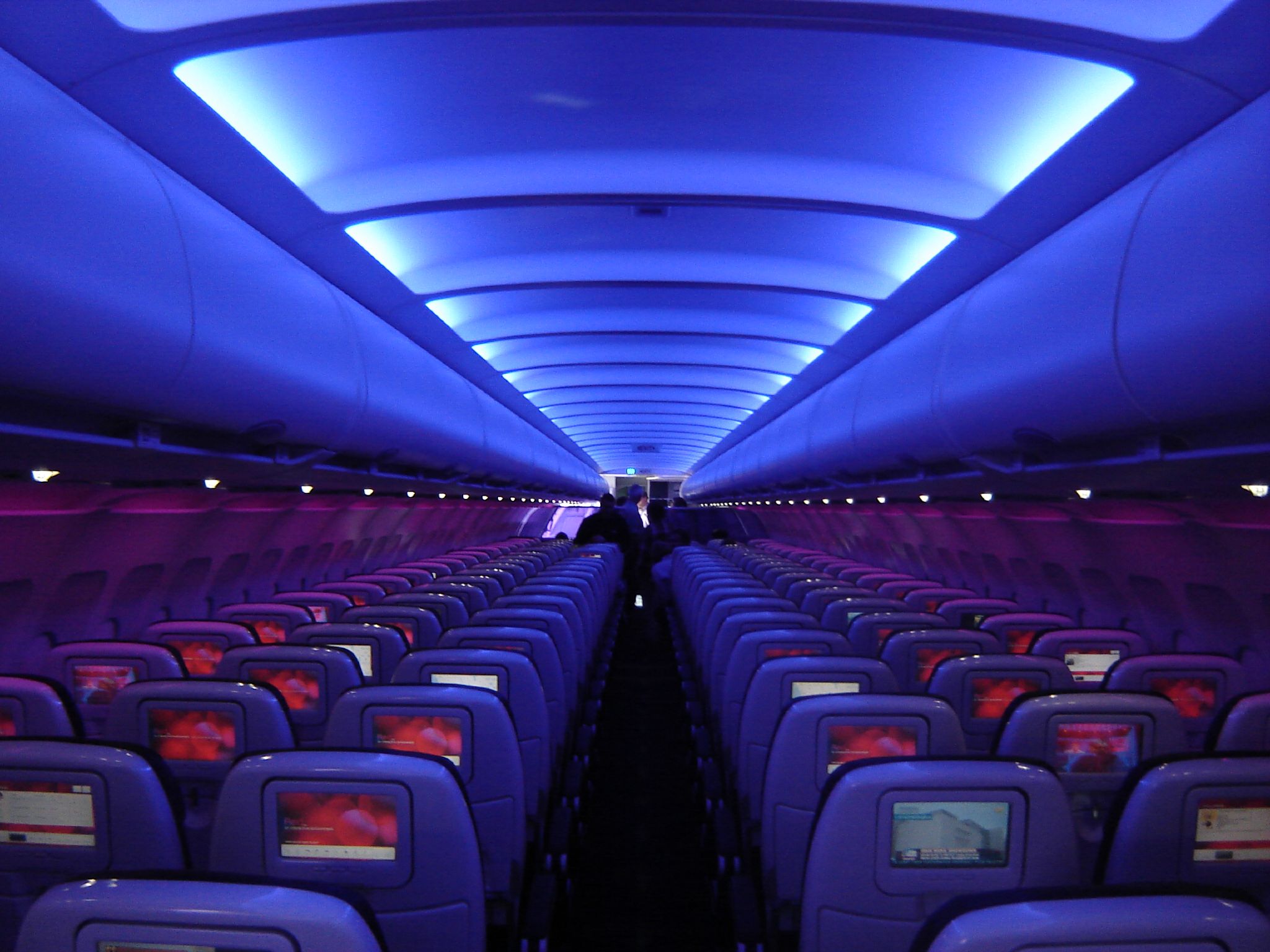“When you travel these days, you’re doing so in a more environmentally friendly fashion than you did a decade ago- and you probably can’t even tell.”
Today, many business industries are changing the way they operate their business by placing more emphasis on environmental sustainability. For example, hotels are using motion sensors, key cards that control lights, fluorescent bulbs and ceiling fans aimed at saving energy. They are installing low-flow shower heads and toilets, while also recycling more and replacing individual shampoo bottles with large dispensers. Although these things may seem small and almost unnoticeable, they truly make a huge difference. “Green buildings use, on average, 26% less energy, emit 33% less carbon dioxide, use 30% less water, and produce 50% to 75% less solid waste, according to the building council.”

When looking at other industries such as the airline and rental car businesses, they too are making a larger effort to surpass the minimum legal requirements and become more sustainable. Since 2000, Airlines have saved more than $33 Billion on fuel and prevented the release of 670 Billion pounds of greenhouse gases. The Airline industry has adopted new technology and practices to reduce their carbon footprints. For instance, US Airways are replacing gas-powered ground vehicles that transport bags with electronic ones at its Philadelphia hub and adding a new building to house the vehicles at Philadelphia Airport that is made of 20% recycled materials.
Moving on, another industry, the car rental industry is also taking many new steps in order to be more “green.” Today the enterprise has more than 5,000 hybrids and electric vehicles for rent in 70 different locations. Lisa Marini, a spokeswoman says that “we will continue to add hybrids and EV’s to our fleet based on consumer demand and availability from manufacturers.” Furthermore, David Eastes, a director at VroomVroomVroom.com who tracks the industry, says he has seen an increase in the number of companies dedicated solely to renting out hybrid and electronic vehicles and “that’s never been seen before.”
Moreover, business in these three industries are making the change to be more green not only because they have been forced on the industry by the threat of government action, sheer economics or consumer demands, but some companies say its just good business. Paul Snyder, Vice President of corporate responsibility for IGH proclaims that, “we actually have customers who are asking, ‘What’s the carbon footprint of our meeting.” With so many people today becoming more and more knowledgeable and concerned about sustainability, making every effort to go more green, no matter how small, and even if it goes unnoticed, is extremely important.
In sum, How do you judge companies based on their sustainability efforts? And how do these efforts change your opinion of the company’s reputation? What sustainability efforts have you experienced from hotel, airline, and rental car businesses?
Reference: http://www.hotelmanagement.net/green/green-innovations-are-changing-the-face-of-travel-20076
